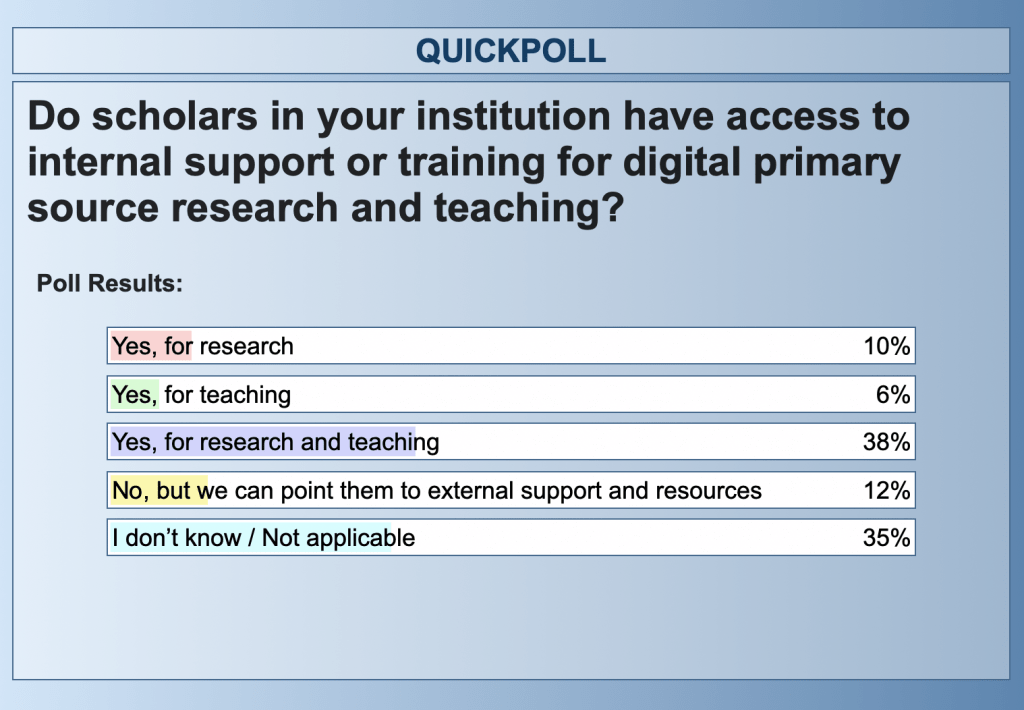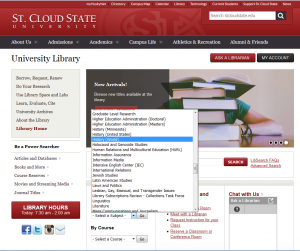Library Instruction for:
EM 663: Engineering Management
Instructor: Gary Nierengarten, MBA
Tel: (320) 308-6000, E-mail: gjnierengarten@stcloudstate.edu
Library Instruction facilitated by: Plamen Miltenoff
320 308 3072, pmiltenoff@stcloudstate.edu
https://web.stcloudstate.edu/pmiltenoff/faculty/
From syllabus:
Engineering Management Project (30%)
This purpose of this second group project is to relate the concepts of the text to present organizations. Each Team will select an organization or create an organization and present on that organization. The focus of this project is sustainability, and accounts for 30% of the grade. The presentation will consist of 20 to 30 minutes, a presentation of 10 to slides 20 slides, complete with a 10-15-page paper. The presentation and paper will be due electronically prior to class. Members will be graded on 50% contribution and 50 % presentation. The objective of this exercise is to develop skills in working as a team as well as developing your presentation skills.
The paper shall address the following analysis to the selected organization:
- The firm may a service or manufacturing firm, or one that you create.
- Relate each Chapter of the book (minimum twelve chapter relationships)
- The relationship could be made from a topic within that chapter.
- All projects must be uploaded in D2L/Brightspace by start of class, 9:30 AM, March 30, 2021
Library Instruction delivered by Plamen Miltenoff, pmiltenoff@stcloudstate.edu
My name is Plamen Miltenoff (https://web.stcloudstate.edu/pmiltenoff/faculty/) and I am the InforMedia Specialist with the SCSU Library (https://blog.stcloudstate.edu/ims/free-tech-instruction/).
- Developing Your Research Topic/Question
Why Keyword Searching?
Why not just type in a phrase or sentence like you do in Google or Yahoo!?
- Because most electronic databases store and retrieve information differently than Internet search engines.
- A databases searches fields within a collection of records. These fields include the information commonly found in a citation plus an abstract (if available) and subject headings. Search engines search web content which is typically the full text of sources.
- The bottom line: you get better results in a database by using effective keyword search strategies.
- To develop an effective search strategy, you need to:
- determine the key concepts in your topic and
- develop a good list of keyword synonyms.
- Why use synonyms?
Because there is more than one way to express a concept or idea. You don’t know if the article you’re looking for uses the same expression for a key concept that you are using.
- Consider: Will an author use:
- Hypertension or High Blood Pressure?
- Teach or Instruct?
- Therapy or Treatment?
Class assignment (5-10 Min)
Share keywords related to the Engineering Management Project
- Getting Ready for Research (15-20 min)
Library Resources vs. the Internet (do we need to discuss?)
Library Databases: https://stcloud.lib.minnstate.edu/subjects/guide.php?subject=databases
https://www.engnetglobal.com/tips/glossary.aspx
Journals’ subscription:
https://mnpals-scs.primo.exlibrisgroup.com/discovery/jsearch?vid=01MNPALS_SCS:SCS
Government Publications:
https://mnpals-scs.primo.exlibrisgroup.com/discovery/search?query=any,contains,%22government%20publications%22,AND&query=any,contains,%22Engineering%20Management%22,AND&tab=Everything&search_scope=MyInst_and_CI&sortby=rank&vid=01MNPALS_SCS:SCS&lang=en&mode=advanced&offset=0
eBooks (15-20 min)
https://www.stcloudstate.edu/library/research/books.aspx
walk together through the eBooks dbases to figure out logins and search techniques.
- Personal work with the librarian (5 min each student)
using the list of keywords and the information sources, collaborate with the librarian to find 3-5 references for your project
++++++++++++++++++++++++
Plamen Miltenoff, Ph.D., MLIS
Professor
320-308-3072
pmiltenoff@stcloudstate.edu
http://web.stcloudstate.edu/pmiltenoff/faculty/
schedule a meeting: https://doodle.com/digitalliteracy
find my office: https://youtu.be/QAng6b_FJqs


 Peter Foster with Wiley, facilitator
Peter Foster with Wiley, facilitator

